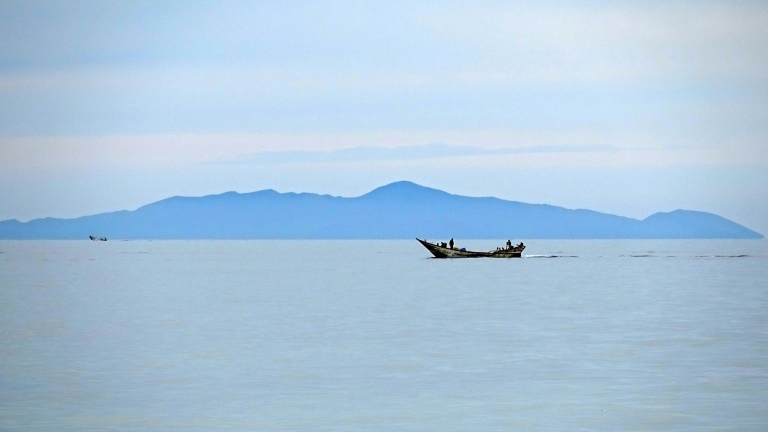For Yemeni fisherman Fares Abdulhakeem and his friends, the day was like any other as they headed out to sea to earn a living in the war-torn country — until they hit the jackpot in the belly of a whale.
Abdulhakeem related how he was among 35 fishermen who stumbled upon a floating sperm whale carcass in February, about 26 kilometres (16 miles) off the coast of the southern city of Aden.
He said they dragged the dead mammal back to shore, where they sliced it open and struck “floating gold”, or ambergris, a rare substance formed in the whale’s digestive system which is used in making perfume.
The 127-kilogram (280-pound) lump of ambergris was sold to an Emirati businessman for more than $1.5 million — an unimaginable sum for many living in what the UN says is one of the world’s poorest countries.
Some of the money was used to help those in need in the community, while the rest was split among the group of fishermen.
Yemeni fishermen have traditional knowledge that ambergris — a waxy substance used to stabilise the scent in perfumes — can be found in sperm whales, but actually coming across one is a vanishingly rare event.
The discovery has transformed their lives.
“I head out to sea every day in search of my daily catch, and on one of those days we found a dead whale.
It turned out to be whale full of ambergris,” Abdulhakeem said.
– ‘Our lives changed’ –
“From one moment to another, our lives changed,” he told AFP.
“There are those who bought boats, others built or fixed their houses.
I built my house, I built my future… the circumstances here are already difficult.”
Salim Sharf, another one of the fishermen, said the discovery has allowed him to “lay foundations for the future”.
“We are simple people, fishermen looking for our catch every day.
If you found your catch for the day, you thank God. Suddenly, the Most Merciful gave us this,” he told AFP.
Life is not easy in Yemen, where millions have been pushed to the brink of famine amid a years-long civil war.
The country has been embroiled in a bloody power struggle since 2014 between the government — supported by a powerful Saudi-led military coalition — and the Iran-backed Huthi rebels.
The United Nations says Yemen is suffering the world’s worst humanitarian crisis as its civil war rumbles on, with tens of thousands killed, millions displaced and two-thirds of its 30-million population dependent on some form of aid.
For Abdulhakeem and the group of fishermen, it is back to the sea.
“This ocean I will never do without.
The love for the sea runs in my veins,” Abdulhakeem said.
“The sea is a better neighbour to you than a king,” he said, reciting a popular Yemeni saying.











